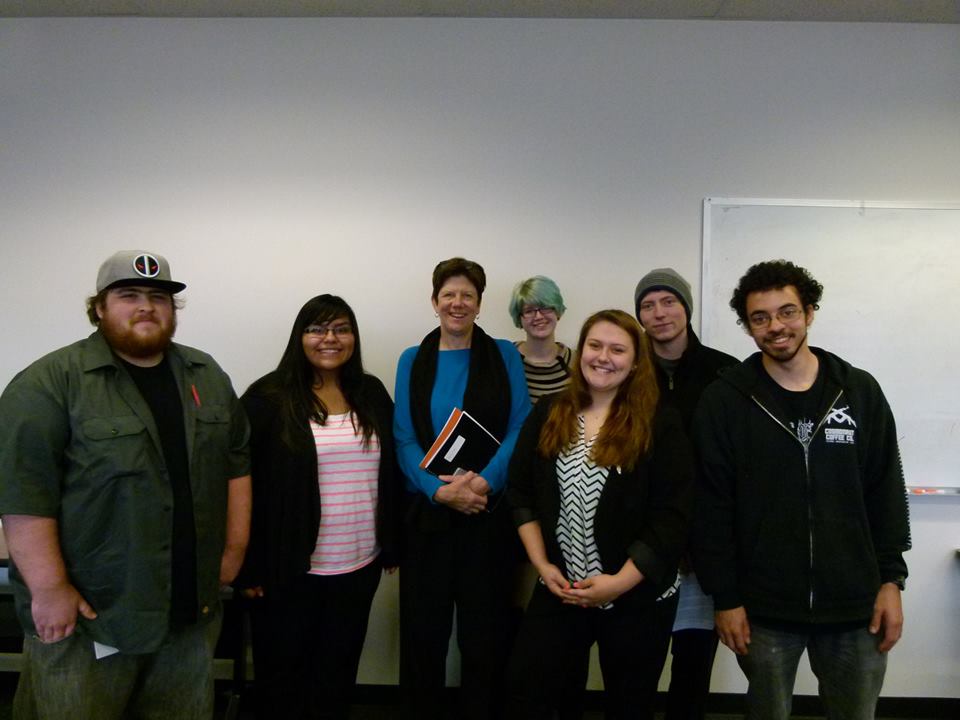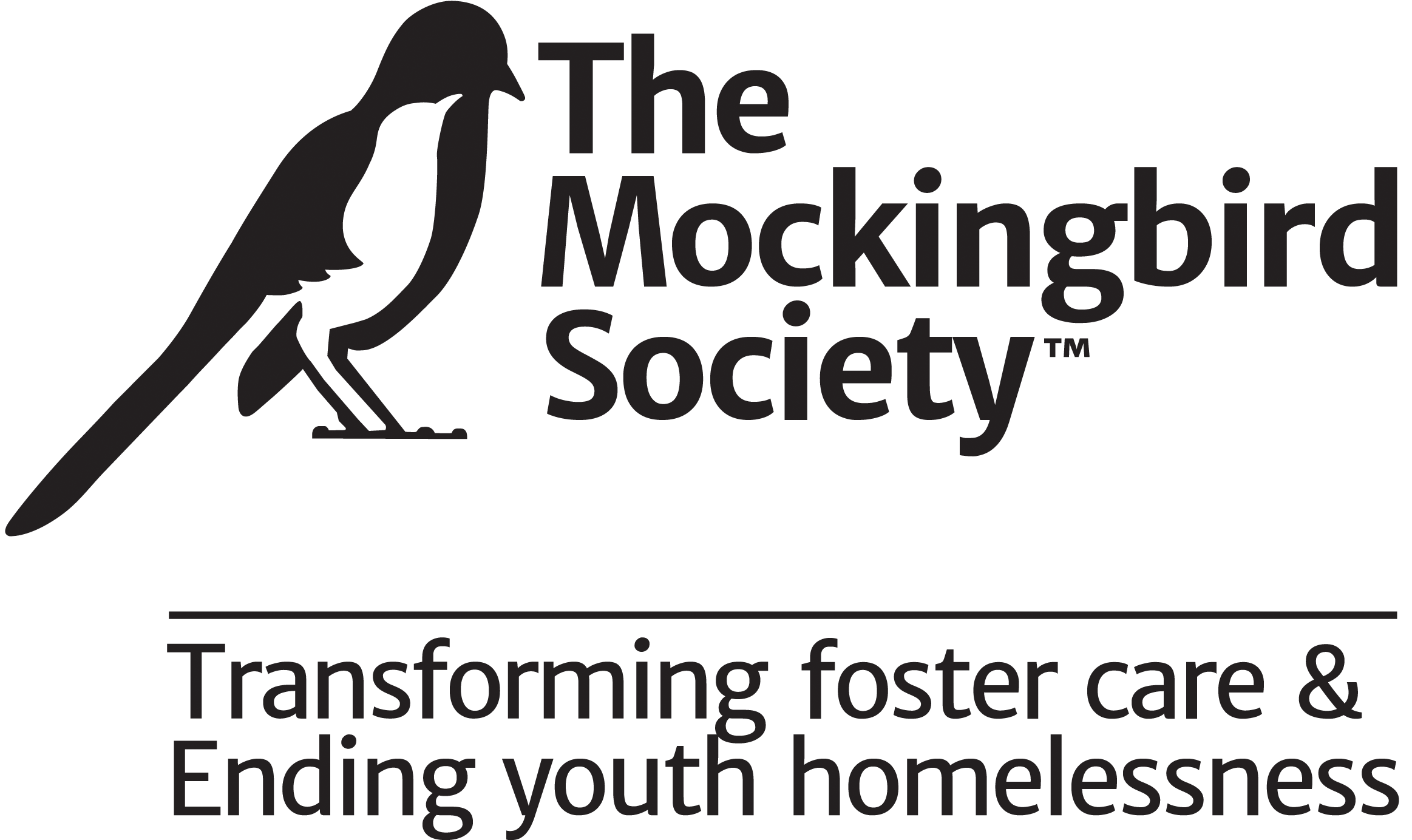Change That Means Everything
The "Helper's High" and Giving for Altruism's Sake: Jamie Thoburn on volunteering for charities
By Jamie Thoburn

Jamie (far right) with chapter leaders
Giving back to the community can improve a person’s self-esteem, lower stress levels, and makes them part of something bigger than themselves. Participation in altruistic communities expands social networks. My experience with The Mockingbird Society is proof of this. I’ve met exceptional people in The Mockingbird Society, and I encourage others to fit in where they can be most helpful.
The health effects of volunteer work speak for themselves. Oftentimes, employment is most stressful when people feel pressured and/or unappreciated. This results in more fatigue, generally worse moods, higher blood pressure, and hormonal imbalance[1]. Volunteering does the opposite. It can increase lifespan and can make participants feel useful and appreciated. Emotional and social benefits of helping others show that the helper helps himself too. The final step of alcoholism and addiction recovery programs involves guiding others through the programs. With the diminished pressure of voluntary participation, work for charity promotes feelings of usefulness and self-worth.
During the holiday season, many feel a merry sense of jolliness as they give freely to others around them. Giving gifts offers the opportunity to directly improve another person’s experience of life. Similarly, putting time and talent toward others’ benefit stimulates the reward centers in the brain. This chemical effect is nicknamed the “Helper’s High”[2], and it parallels the “Runner’s High” in positivity and euphoria. As an example, Mockingbird allows me to do something I believe is fundamentally and unquestionably good for Washington State. Membership in something this positive truly builds my self-confidence and makes me a better person.
My first experience with Mockingbird happened on a whim. I was hanging out at REACH, a resource center in Downtown Tacoma. A housing coordinator had repeatedly encouraged me to join the Mockingbird team, and I met Leah, a staff member of Mockingbird, about an hour before the monthly Chapter Meeting. My experience with Mockingbird has deepened and matured, and it is now one of the most valuable groups I can proudly claim to be part of. Through advocacy, I use my struggles to support Mockingbird and the youth of Washington. I joined with a very limited knowledge of the political process. Mockingbird made it very easy to advocate, something I had never done before. We are growing in numbers and in strength, and I thank Mockingbird for adding value to my voice!
Having spent one and a half years homeless, I used to wonder what the experience all meant. Mockingbird told me that nothing can change what I’ve been through, but that my story can change the experience of countless youth following in my footsteps. Though I never experienced foster care, the time I spent homeless means I can advocate for both foster care and homeless youth, because we have shared experiences. Contributing to positive change for others is a deeply meaningful success for me, and I’m thankful for Mockingbird’s impact on my world and for my life.
[1] The Cleveland Clinic. Scott Bea. 6 Reasons Giving Back Is Good For Your Health
[2] The Alternative Daily. Liivi Hess. 9 Ways That Giving Back To Others Is Good For You And How To Do It
